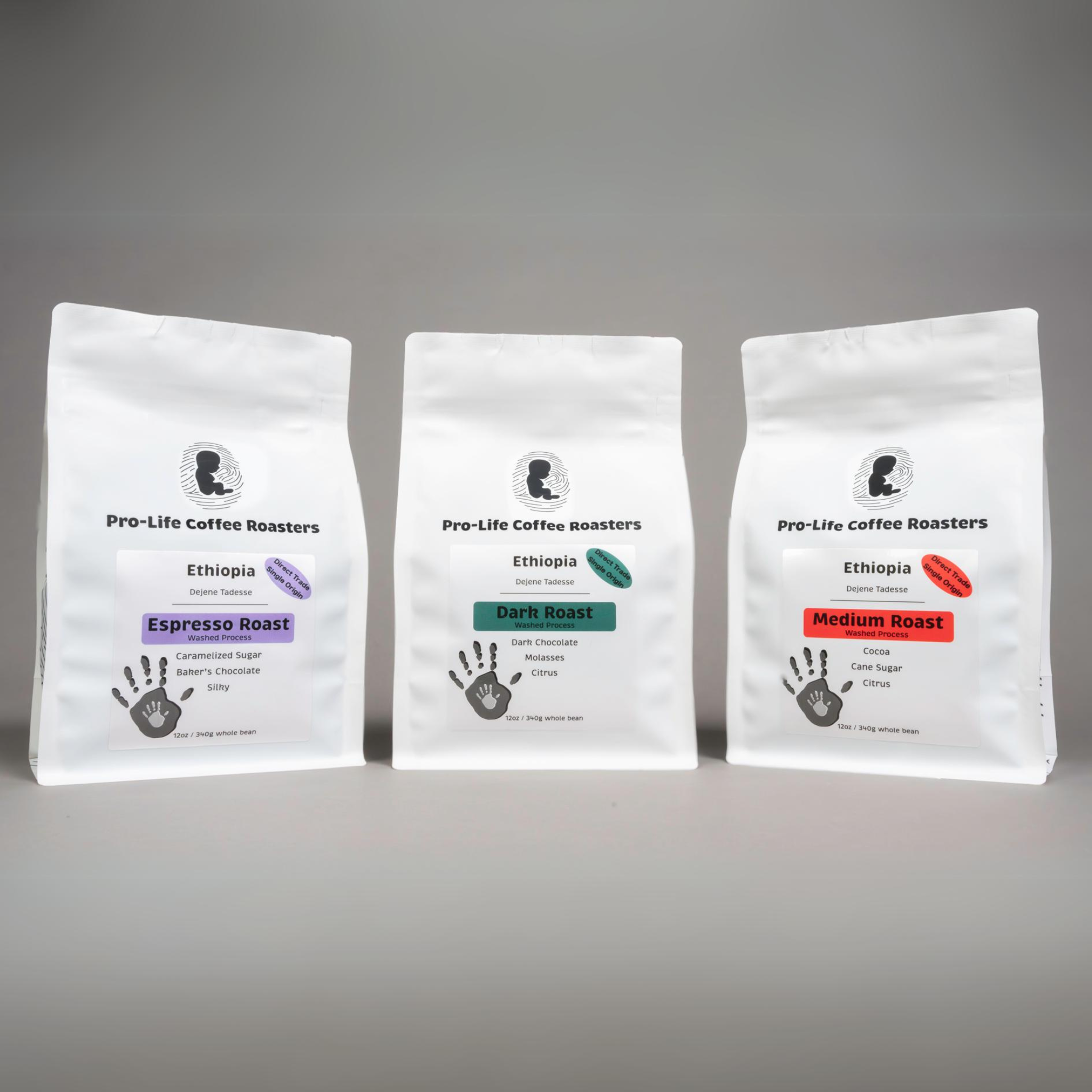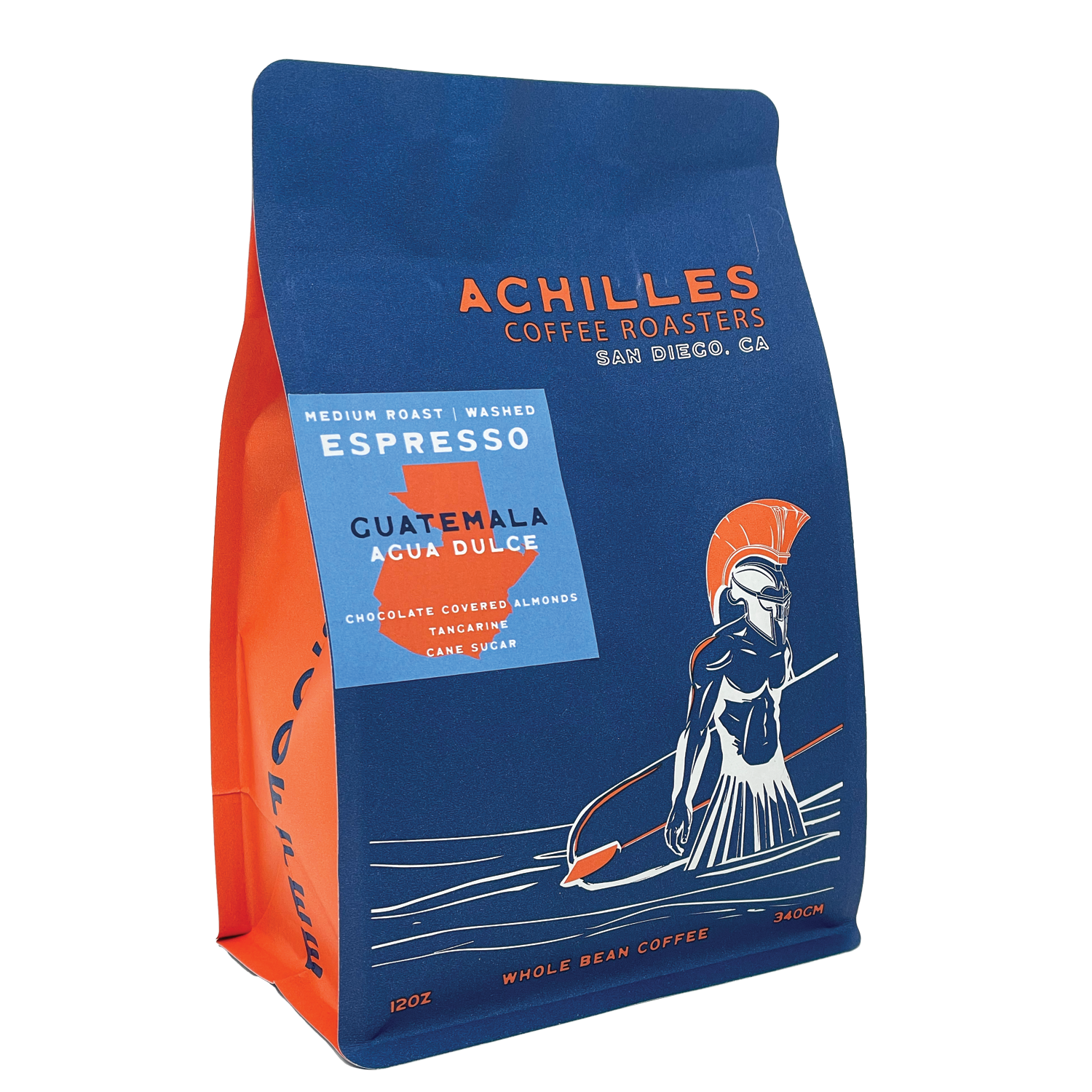Matching Food and Desserts with SOE Single Origin Espresso
Matching Food and Desserts with SOE Single Origin Espresso
Blog Article
Recognizing Coffee Beans: the Journey From Espresso to Blended Coffee Beans

The Origins of Coffee: A Global Viewpoint
While you might believe of coffee as a contemporary staple, its beginnings trace back centuries, intertwining with societies across the globe. The tale begins in Ethiopia, where tale states a goat herder named Kaldi found the energizing effects of coffee beans after observing his goats romping vigorously after consuming them.
As trade routes expanded, coffee made its way to Europe in the 17th century, quickly gaining appeal. Each culture included its special twist to coffee prep work, improving its history.
Cultivation and Harvesting of Coffee Beans
As coffee's journey developed, the focus changed to the growing and harvesting of particular bean varieties, especially those made use of for espresso. You'll discover that espresso beans usually come from Arabica or Robusta plants, each offering distinctive flavors. The ideal growing problems consist of high altitudes and rich, well-drained soil, which enhance the beans' high quality.
Throughout the harvest, choosing methods vary. In some areas, employees hand-pick ripe cherries, guaranteeing just the most effective fruit goes to handling. In various other areas, mechanical harvesters are utilized, particularly on larger farms. Timing is important; you intend to collect when the cherries reach peak ripeness for maximum flavor.
When gathered, the beans are gotten ready for processing, which is crucial in identifying their last preference. Understanding the growing and collecting procedures offers you understanding right into what enters into your favored coffee, improving your appreciation for each and every mug.
Processing Approaches: From Cherry to Bean
Since you've found out about collecting coffee beans, let's discover just how those cherries change right into the coffee beans you like. You'll see exactly how different harvesting techniques impact flavor, followed by the vital steps of fermentation and drying out. Finally, we'll break down the milling and grading process that identifies your coffee's quality.
Collecting Strategies Discussed
When it comes to coffee, comprehending harvesting methods is necessary, considering that they directly affect the taste and high quality of the beans you delight in. Careful choosing includes hand-picking just ripe cherries, guaranteeing you obtain the ideal high quality beans. Ultimately, the choice of gathering strategy can substantially affect your coffee experience, so it's worth knowing just how those beans made it to your cup.
Fermentation and Drying
After collecting, the following action in processing coffee beans play a substantial function in forming their taste. You'll locate that fermentation is crucial, as it helps break down the mucilage surrounding the beans, improving their taste account. Depending upon the approach, this procedure can last from a few hours to a number of days, with differing results based on temperature and humidity.
Sun-drying allows the beans to soak up flavors from the atmosphere, while mechanical drying out guarantees consistent dampness levels no matter of weather. Proper drying is crucial to protect against mold and protect the beans' top quality, inevitably affecting your mug of coffee.
Milling and Grading Refine
As fermentation and drying set the stage for taste development, the milling and grading process warranties that just the best coffee beans make it to your mug. This stage entails eliminating the external layers of the coffee cherry, including the parchment and husk. Top notch beans obtain a greater grade, resulting in a richer coffee experience.
Roasting Techniques: Unlocking Taste Potential
When you roast coffee beans, the method you select can substantially influence the taste account. Comprehending the relationship between time, temperature level, and toasting strategies is crucial to disclosing the capacity of your brew. Allow's check out exactly how these aspects integrated to develop the excellent cup.
Toasting Methods Discussed
While you could think that all coffee roasting methods produce the very same results, the truth is that each strategy reveals one-of-a-kind flavor capacities in the beans. You can select between techniques like drum toasting, air roasting, or perhaps typical pan roasting. Drum toasting uses a rotating drum to equally distribute warmth, improving caramelization and creating a balanced flavor. Air roasting, on the various other hand, distributes warm air around the beans, advertising a lighter roast with noticable acidity. Pan roasting enables hands-on control yet needs constant interest to prevent burning. Each approach has its subtleties, so try out different methods can help you find the ideal roast that lines up with your preference choices. Take pleasure in the trip of locating your ideal cup!

Influence on Flavor Account
Various roasting methods not just influence the procedure yet also greatly impact the taste profile of the coffee beans. When you pick a light roast, you'll experience intense acidity and flower notes, showcasing the bean's beginning. In comparison, a tool roast equilibriums level of acidity with sweetness, frequently revealing chocolatey touches. Dark roasts, on the various other hand, bring out strong, smoky flavors, occasionally concealing the bean's one-of-a-kind attributes. Each method exposes various oils and compounds, bring about a large range of tastes. By exploring with numerous toasting styles, you can uncover which accounts reverberate with your palate. Comprehending these subtleties assists you value the virtuosity behind your cup of coffee, boosting your overall experience with every sip.
Time and Temperature Factors
To release the full flavor capacity of coffee beans, both time and temperature during the roasting process play significant functions. When roasting, you'll find that greater temperature levels can promptly create flavors, but if useful source you hurry it, you could wind up with burned notes. On the other hand, lower temperatures enable a more progressive taste growth, showcasing the beans' one-of-a-kind attributes.

Timing is just as vital; prolonging the roast as well long can result in a loss of acidity and brightness, while as well brief a roast may leave the beans underdeveloped. Locating that pleasant area requires method and trial and error. By readjusting these variables, you can expose the rich, complex tastes concealed within each bean, creating a truly amazing coffee experience.
The Art of Blending: Crafting One-of-a-kind Coffee Profiles
:max_bytes(150000):strip_icc()/__opt__aboutcom__coeus__resources__content_migration__serious_eats__drinks.seriouseats.com__images__20110830-espresso-main-248fa93e7b7644e3baabac416fd2579c.jpg)
Start by selecting a base coffee that offers a solid structure. Then, pick corresponding beans to improve particular taste notes. For example, an intense Ethiopian bean can bring fruitiness, while a rich Brazilian coffee adds body. Testing go is crucial-- do not be scared to adjust proportions till you find your optimal profile.
As you blend, maintain in mind that each combination tells a story. You're not just making coffee; you're creating an experience. Take your time, preference often, and delight in the journey of discovering your trademark blend - Single Origin Espresso.
Developing Approaches: Exactly How Preparation Affects Flavor
Blending coffee opens up a domain name of flavor possibilities, but exactly how you brew that blend can significantly affect your final cup. On the other hand, a pour-over highlights the coffee's clarity and illumination, excellent for showcasing delicate notes.
Espresso, with its high stress, produces a focused shot that emphasizes sweetness and crema. If you like a lighter brew, take into consideration a cold mixture approach; it yields a smooth, much less acidic preference.
Eventually, experimentation is essential. Adjusting variables like water temperature, grind size, and make time can transform your coffee's profile. So, accept the art of brewing to find the tastes hidden in your coffee blends. The right technique can boost your experience to new elevations.
The Future of Coffee: Sustainability and Technology
As the coffee sector develops, sustainability and innovation are ending up being essential for dealing with ecological difficulties and conference consumer needs. You'll see that even more coffee companies are taking on environmentally friendly methods, from sourcing beans fairly to executing sustainable farming methods. These shifts not just assist the planet however likewise boost the top quality of the coffee you delight in.
You may see technologies like eco-friendly packaging and water-saving developing approaches that minimize waste. Advanced innovation, such as blockchain, is additionally ending up being popular, making certain openness in the supply chain, which enables you to trace your coffee back to its beginnings.
On top of that, buying local areas and supporting farmers through fair profession efforts cultivates a more sustainable coffee environment. As you drink your following mug, bear in mind that your options can contribute to a brighter future for coffee. By selecting lasting brands, you're not just delighting in a beverage; you're making a favorable influence on the globe.
Often Asked Questions
What Is the Distinction In Between Arabica and Robusta Beans?
Arabica beans are smoother, sweeter, and have a greater acidity, while robusta beans are more powerful, a lot more bitter, and contain more a knockout post high levels of caffeine. You'll observe these distinctions in flavor and aroma when making your coffee.
How Does Elevation Affect Coffee Bean Flavor?
Altitude influences coffee bean flavor significantly. Greater elevations produce beans with brighter level of acidity and complicated tastes, while lower elevations frequently yield beans that are heavier and much less nuanced. You'll observe these distinctions in your cup!
What Are the Health Conveniences of Drinking Coffee?
Consuming coffee can enhance your power, enhance mental emphasis, and also boost physical efficiency. It's abundant in antioxidants, might decrease the danger of certain illness, and can promote a much healthier metabolism when consumed in small amounts.
Can Coffee Beans Be Reused for Brewing?
Yes, you can recycle coffee beans for brewing, yet the flavor could be weak. If you take pleasure in experimenting, attempt reusing them in different ways, like cold mixtures or contributing to shakes for an extra kick.
Just how Should I Shop Coffee Beans for Quality?
To keep your coffee beans fresh, store them in an impermeable container in an amazing, dark place. Avoid subjecting them to light, dampness, or warmth, as these factors can rapidly weaken their flavor and fragrance.
Understanding Coffee Beans: the Journey From Espresso to Blended Coffee Beans.
Now that you have actually discovered concerning harvesting espresso beans, let's check out just how those cherries transform right into the coffee beans you enjoy.When you roast coffee beans, the approach you choose can substantially influence the flavor account - Single Origin Espresso.While you may assume that all coffee toasting approaches generate the same outcomes, the truth is that each method discloses unique flavor capacities in the beans.Various toasting techniques not only affect the procedure but also substantially affect the flavor profile of the coffee beans
Report this page